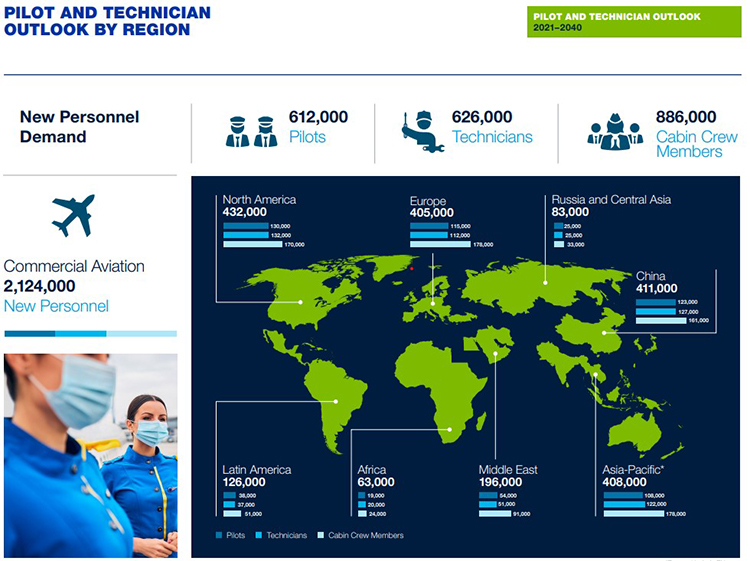Your future is waiting in the wings
Do you dream of an exciting career and a once-in-a-lifetime university experience? Become a Flying Jack with SFA’s aviation sciences program. SFA is your runway to a rewarding career in aviation because you can earn a college degree and several aircraft pilot certifications upon graduation.
The university partners with SFA alumni-owned HCH Aviation, a professional flight training school in Nacogdoches, to offer the flying portion of the program. This partnership allows SFA to provide instruction in some of the most technologically advanced training aircraft in the world like the Tecnam P-Mentor two-seat trainer airplane. You fly during your first semester in the program and practice with our new flight simulators on campus.
Learn about our program
The 120-hour, four-year degree plan puts you in the cockpit or on the business side of aviation. We offer a Bachelor of Science in aviation sciences with two concentrations:
Bachelor of Science in aviation sciences, professional pilot
Graduate with your private pilot license as well as instrument, commercial, multiengine and certified flight instructor certifications. This concentration prepares you to work for airlines, in corporate aviation, as a cargo pilot or government service pilot, and in so many other careers. You will be issued a student pilot certificate during your first flight lab course. Our flying seats are limited per semester on a competitive basis.
The sky is the limit: salary and job growth
612,000 new civil aviation pilots needed
Boeing released a study in 2021 that projected 612,000 new civil aviation pilots will be needed globally within the next 20 years.
Salaries up to $250,000
Pilot salaries range from $35,000 to $250,000 based on experience and type of aircraft flown.
Studying as a professional pilot or an aviation manager will prepare you for a variety of job opportunities in fields such as:
- Commercial aviation
- Couriers and express delivery services
- Federal government
- Support activities for transportation
- Nonscheduled air transportation (for example, tours)
- Ambulance services
- Technical and trade schools (private)
- Professional, scientific and technical services

Unwavering commitment to your success
Set your career sights on the sky because graduates of SFA’s aviation sciences program enjoy a well-rounded education that includes flight training at reasonable rates. Your investment includes faculty members who will give you the individual attention you need in classes limited to 30 students.
Aviation Sciences Program Costs Disclosure
SFA’s Bachelor of Science in aviation sciences was officially approved by the Southern Association of Colleges and Schools Commission on Colleges in June 2022.
Flight Course Tuition
| Unit | Course(s) | Cost |
|---|---|---|
| Private and Instrument | ||
| Private Pilot Flight Lab | AVSC 1210 | $23,871 |
| Instrument Flight Lab | AVSC 2240 | $16,851 |
| Commercial Pilot Airplane | ||
| Pilot in Command Practicum | AVSC 2250 | $18,004 |
| Commercial Flight Practicum | AVSC 3204 | $9,846 |
| Multi-Engine Flight | AVSC 3226 | $15,188 |
| Certified Flight Instructor Flight | AVSC 3273 | $12,215 |
| Total | $95,976 | |
Undergraduate requirements
The FAA requires you meet the following requirements:
- be at least 17 years old (16 years old for a glider or balloon)
- be able to read, speak, write and understand English
- hold a U.S. student, sport or recreational pilot certificate
- and hold a first-class medical certificate.
Because our pilots will become instructors, we require a first-class medical certificate. You also must prove your citizenship and undergo an interview by the instructors.
Application process
View SFA's admission requirements.
When applying, select "Aviation" as your major.
A separate email will be sent to all students who are admitted to SFA and show an interest in aviation sciences. The email will contain instructions on how to complete the secondary application process for the program.
 Axe ’Em, Jacks!
Axe ’Em, Jacks!